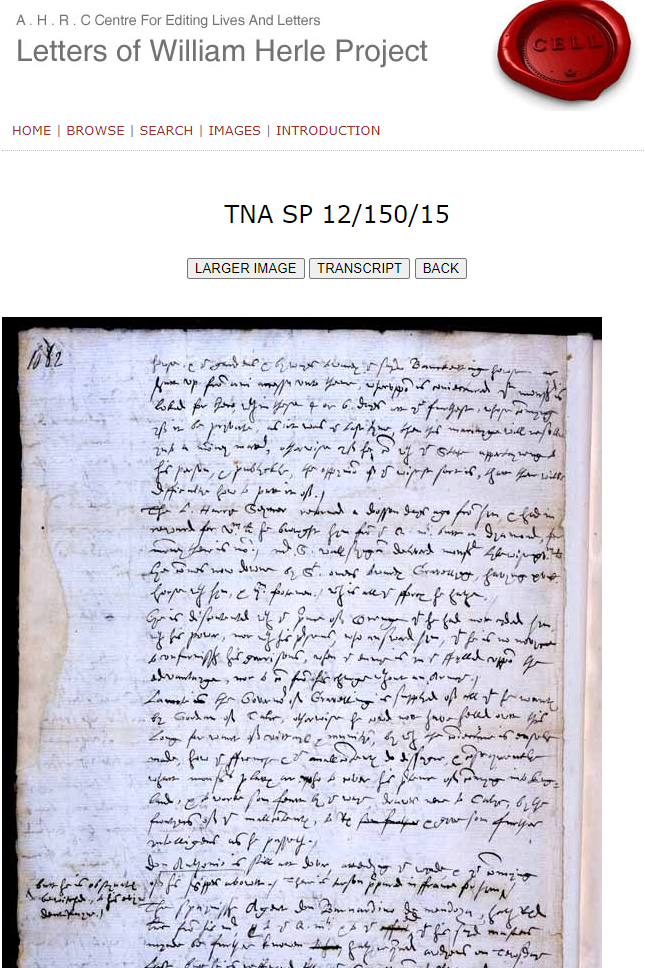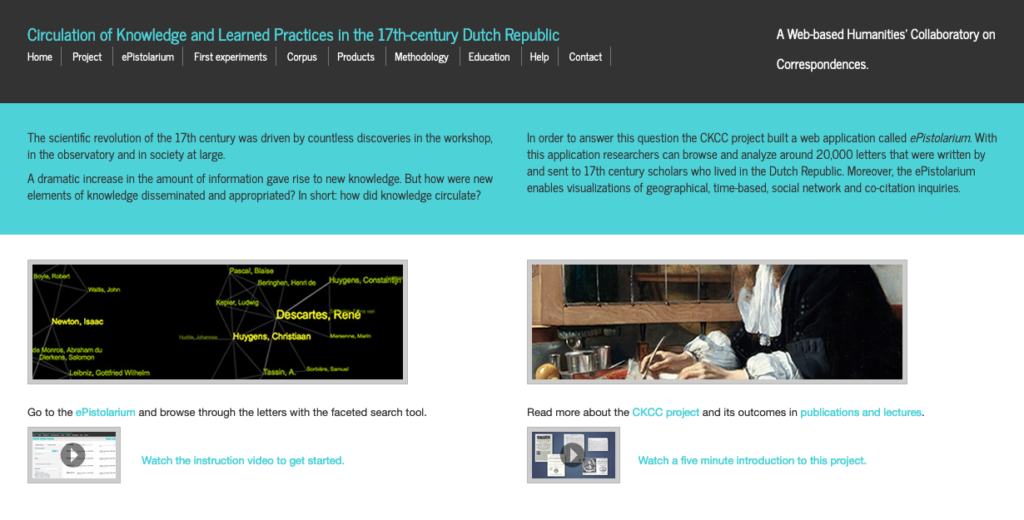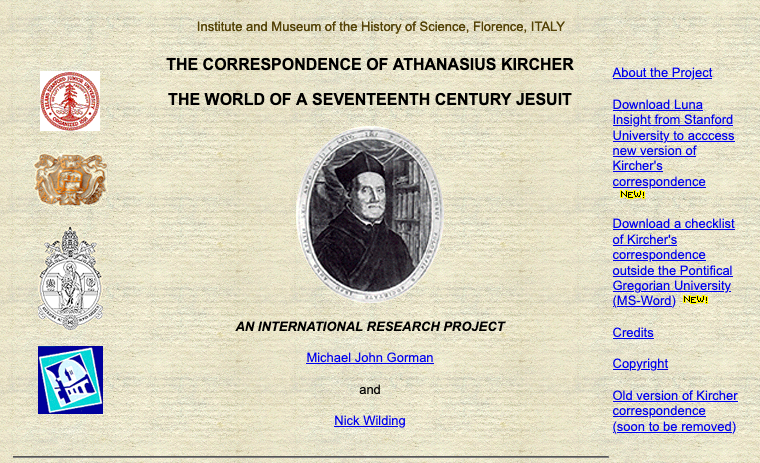https://petitioning.history.ac.uk/
‘The Power of Petitioning in Seventeenth-Century England’ is a two-year project funded by the Arts and Humanities Research Council which began in January 2019. The project team includes Brodie Waddell (Birkbeck), Jason Peacey (UCL) and Sharon Howard (Birkbeck), supported by many other scholars and contributors. This study will be the first to examine petitioning systematically at all levels of English government over the whole century. The project will create a valuable new resource by transcribing and digitising a corpus drawn from seven key collections of petitions held at national and local archives, totalling over 2,000 manuscripts. This corpus, when combined with careful contextualisation, allows us to offer new answers to crucial questions about the major social and political changes that unfolded in this formative period.







